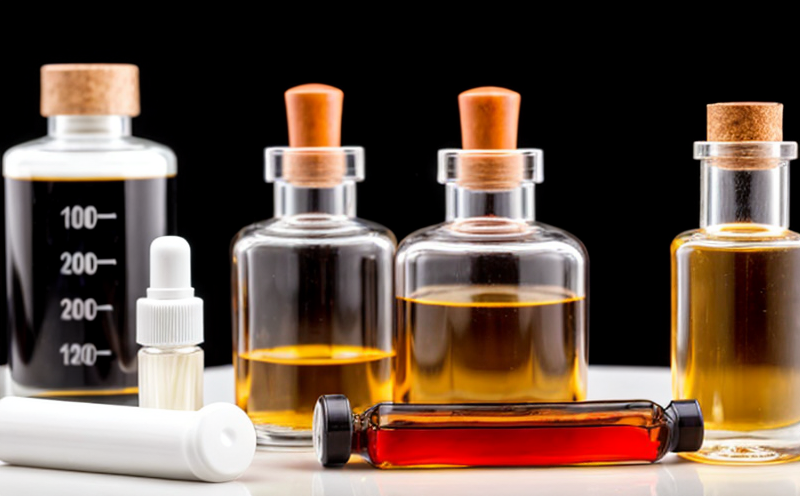Implant Coating Chemical Testing
The process of implant coating chemical testing involves a meticulous examination of biocompatible materials used in medical implants to ensure their safety and effectiveness. This service is crucial for quality managers, compliance officers, R&D engineers, and procurement professionals involved in the development and manufacturing of medical devices.
Medical implants are designed to interact with human tissues or bodily fluids without causing adverse effects. The coating on these implants plays a significant role by providing protection against mechanical wear, corrosion, and biological degradation. Ensuring that the coating adheres properly and maintains its integrity over time is essential for patient safety.
Our testing service follows international standards such as ISO 10993-12:2017, which specifies requirements for biocompatibility evaluation of medical devices. This includes tests to determine the potential adverse effects on human health due to the direct or indirect contact with a material.
For pharmaceutical chemical analysis in implant coating testing, we use advanced analytical techniques like Fourier Transform Infrared Spectroscopy (FTIR), X-ray Photoelectron Spectroscopy (XPS), and Energy Dispersive Spectroscopy (EDS). These methods help us characterize the composition of the coating at a molecular level.
Our testing process begins with thorough specimen preparation. This involves cleaning, drying, and sometimes etching the surface to ensure accurate analysis. Once prepared, we conduct a series of tests including:
- Elemental Analysis: Identifying trace elements present in the coating.
- Surface Morphology Examination: Using Scanning Electron Microscopy (SEM) to observe the topography and texture of the surface.
- Bond Strength Testing: Measuring how well the coating adheres to the substrate material.
- Durability Testing: Simulating real-world conditions to assess the longevity of the coating under various stressors.
The results of these tests are compiled into detailed reports that provide a comprehensive overview of the chemical and physical properties of the coating. These insights help manufacturers make informed decisions about material selection, process optimization, and quality assurance.
Eurolab Advantages
At Eurolab, we offer a range of advantages that set us apart as a leading provider of implant coating chemical testing services:
- Expertise and Experience: Our team comprises highly qualified professionals with extensive experience in the field.
- State-of-the-Art Facilities: We have access to cutting-edge instrumentation, ensuring accurate and reliable test results.
- Comprehensive Reporting: Tailored reports that include recommendations for improvement where necessary.
- International Standards Compliance: Testing adheres strictly to international standards like ISO 10993-12:2017, ensuring compliance with global regulatory requirements.
We pride ourselves on our commitment to excellence and customer satisfaction. Our services are designed to meet the highest industry standards, providing you with peace of mind regarding the safety and efficacy of your medical devices.
Why Choose This Test
- Enhanced Safety: Ensuring that all materials used in medical devices are biocompatible minimizes risks to patients.
- Informed Decision-Making: Reliable test results guide manufacturers in making informed choices about material selection and process optimization.
- Regulatory Compliance: Adherence to international standards ensures that your products meet global regulatory requirements.
- Quality Assurance: Regular testing helps maintain consistent quality across all production batches.
By choosing Eurolab for implant coating chemical testing, you are investing in the safety and success of your medical devices. Our commitment to precision and integrity ensures that every step of the process is conducted with utmost care and attention to detail.





